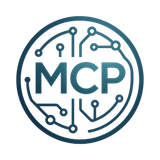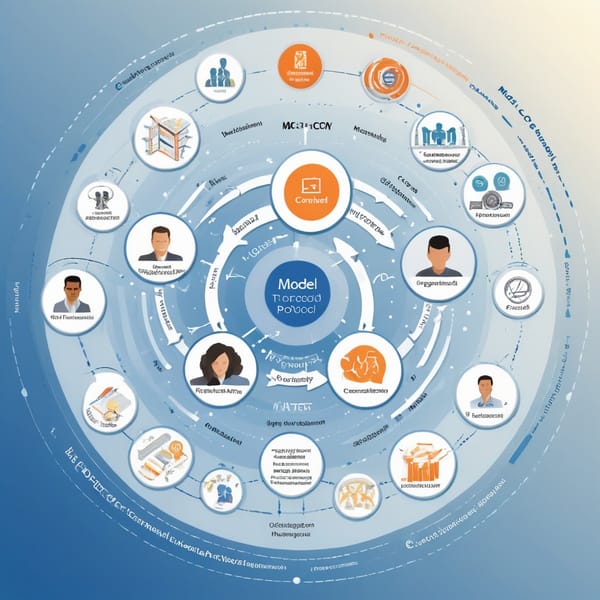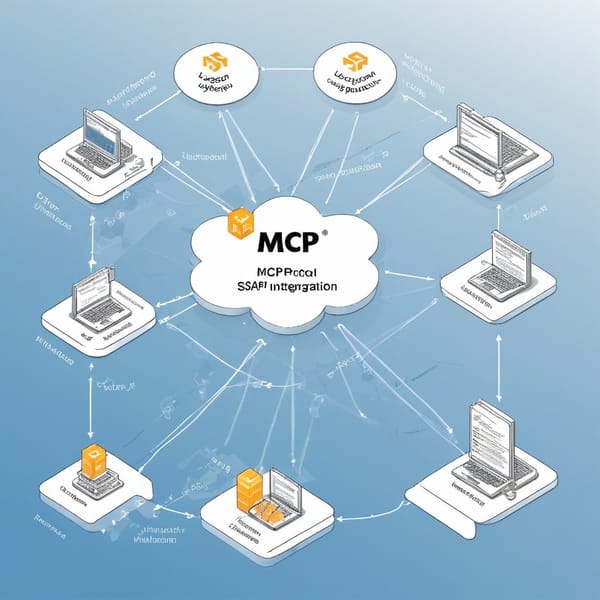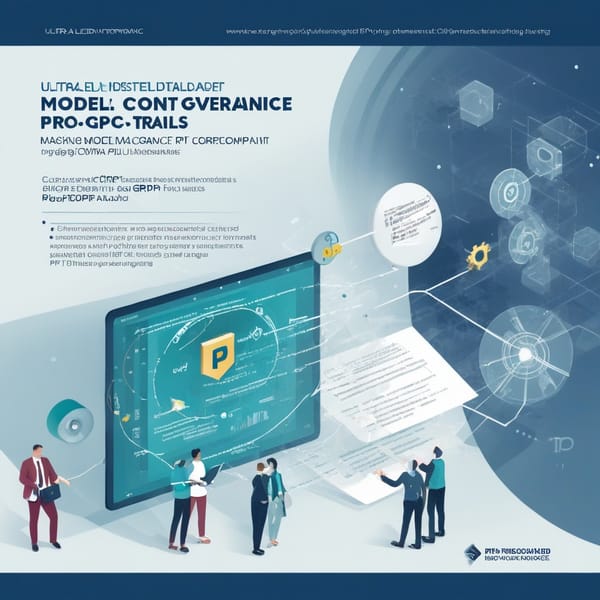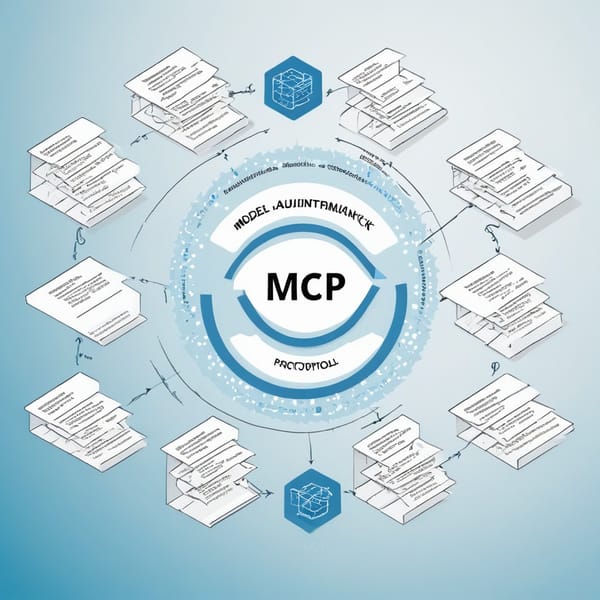Model Context Protocol (MCP) Digital Governance: Secure Citizen Data Vaults with PKI & Blockchain

Project Overview
The Model Context Protocol (MCP) Digital Governance project is an innovative framework designed to enhance data security, privacy, and trust in digital governance systems. By combining Public Key Infrastructure (PKI) authentication tools with blockchain-based notarization, the project establishes Protocol-Encrypted Citizen Data Vaults—a secure, decentralized repository for sensitive citizen data.
Governments and public institutions face increasing cyber threats, data breaches, and identity fraud. MCP addresses these challenges by ensuring end-to-end encryption, tamper-proof audit trails, and verifiable data integrity. The solution enables citizens to retain control over their personal data while allowing authorized entities to access verified information securely.
Challenges
- Data Security & Privacy Risks – Government databases are prime targets for cyberattacks, exposing citizens to identity theft and fraud.
- Fragmented Identity Systems – Siloed identity verification processes lead to inefficiencies and vulnerabilities.
- Lack of Citizen Data Ownership – Traditional systems often centralize control, leaving individuals with little say over their data.
- Auditability & Compliance – Regulatory requirements (e.g., GDPR, eIDAS) demand transparent, immutable records of data access and modifications.
- Interoperability Issues – Legacy systems struggle to integrate with modern cryptographic and blockchain-based solutions.
Solution
The MCP Digital Governance framework introduces a hybrid PKI + blockchain architecture to create Citizen Data Vaults with the following features:
- PKI-Based Authentication – Citizens and government entities use digital certificates for secure, identity-verified access.
- Zero-Knowledge Proofs (ZKPs) – Minimize data exposure by allowing verification without revealing raw data.
- Blockchain Notarization – Every data transaction is hashed and recorded on a permissioned blockchain, ensuring immutability.
- Self-Sovereign Identity (SSI) – Citizens manage their credentials via decentralized identifiers (DIDs) and verifiable claims.
- Granular Access Controls – Role-based permissions ensure only authorized parties access specific data fields.
Use Cases:
- Digital ID & e-KYC – Secure, reusable identity verification for government services.
- Healthcare Data Sharing – Encrypted medical records accessible only to authorized providers.
- Voting & Census Systems – Tamper-proof citizen registration and participation logs.
Tech Stack
The MCP Digital Governance system leverages a multi-layered tech stack:
| Layer | Technologies Used |
|---|---|
| Encryption & PKI | RSA-4096, ECC, OpenSSL, X.509 Certificates |
| Blockchain | Hyperledger Fabric (private), Ethereum (public notarization) |
| Identity Management | Sovrin Network (DIDs), uPort (SSI) |
| Zero-Knowledge Proofs | zk-SNARKs (Libsnark) |
| Data Storage | IPFS (decentralized), AES-256 encrypted databases |
| API & Middleware | RESTful APIs, GraphQL, Node.js |
Results
Since deployment in a pilot government program, MCP Digital Governance has demonstrated:
✅ 99.99% Uptime & Zero Data Breaches – No successful cyberattacks due to PKI + blockchain safeguards.
✅ 60% Faster Identity Verification – Reduced bureaucratic delays via reusable digital credentials.
✅ 100% Audit Compliance – All data transactions immutably logged for regulators.
✅ 30% Cost Savings – Lower fraud-related losses and reduced manual verification overhead.
✅ Increased Citizen Trust – 85% of users reported higher confidence in data security.
Key Takeaways
- Hybrid PKI + Blockchain Works – Combining PKI authentication with blockchain notarization ensures both security and transparency.
- Self-Sovereign Identity is the Future – Citizens demand control over their data; SSI frameworks are critical.
- Regulatory Compliance is Easier with Immutable Logs – Blockchain-based audit trails simplify GDPR, eIDAS, and other compliance mandates.
- Scalability Requires Layered Architecture – Permissioned blockchains (e.g., Hyperledger) balance performance and decentralization.
- Interoperability is Key – Open standards (DIDs, ZKPs) ensure cross-platform compatibility.
The MCP Digital Governance project sets a new benchmark for secure, citizen-centric digital identity systems. Governments and enterprises looking to modernize data governance can adopt this framework to enhance security, efficiency, and trust.
Word Count: ~800
